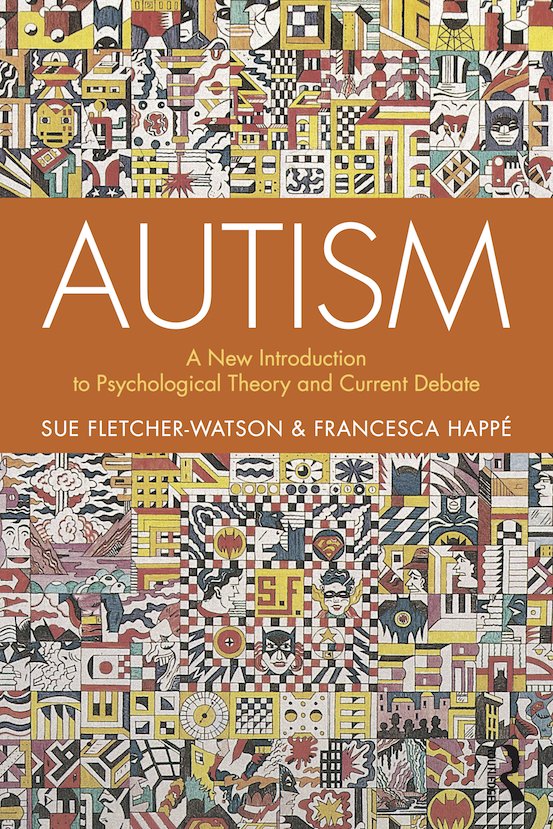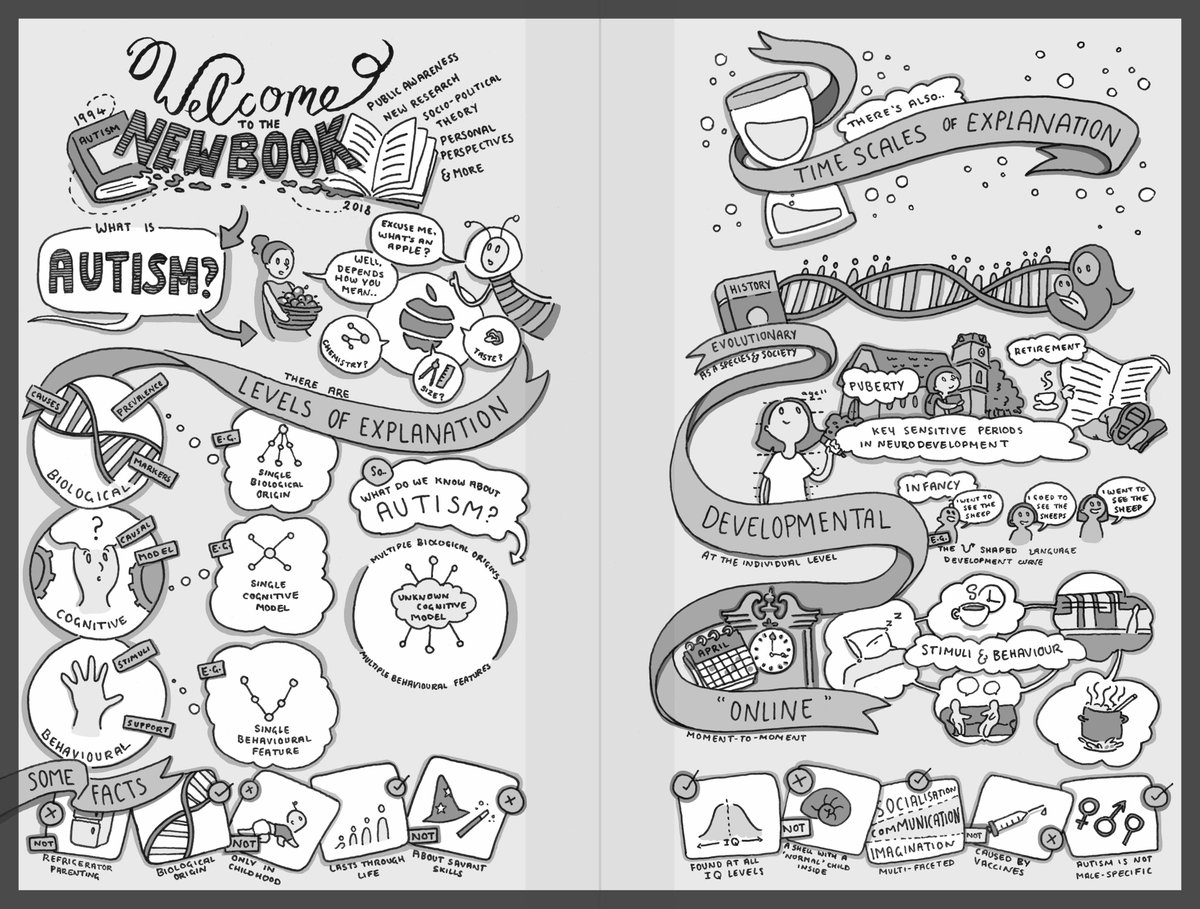It's also available on dart.ed.ac.uk/research/nd-iq/
Here's a wee thread of what we've found so far & what we're planning...
(We're collecting more data on this in collaboration with the brilliant @axbey so we can explore the impact of the diagnosis of the rater)











